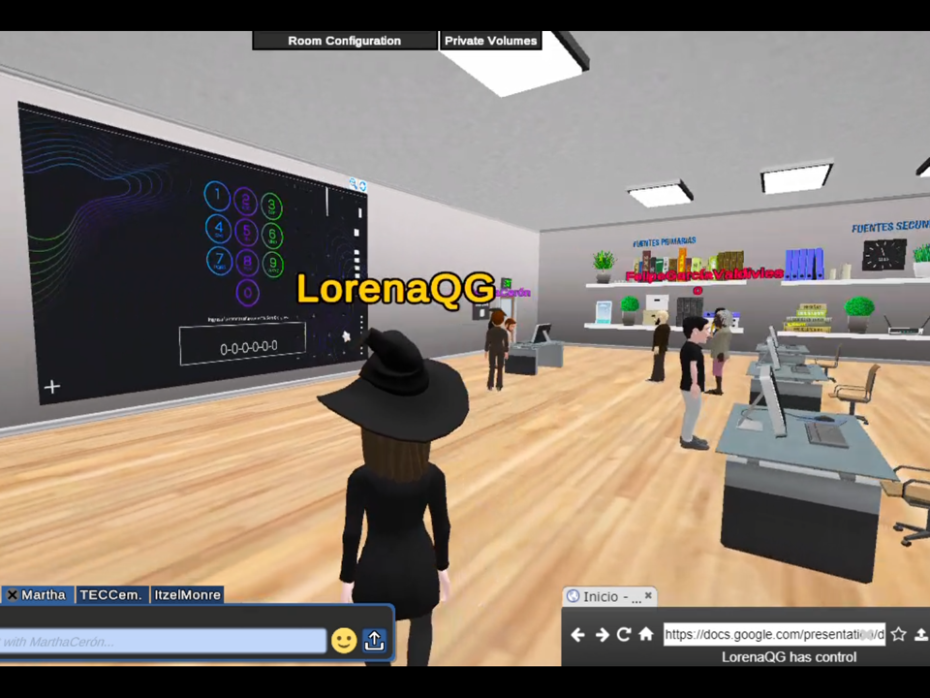Small universities have few staff, tight budgets and little flexibility. Delivering big change is hard for institutions at any scale – but how can you make your resources stretch when you have very little to play with? Here’s what Birmingham Newman’s Times Higher Education Awards-nominated library team learned while overhauling their digital services.
Believe in yourself
Birmingham Newman University, which began training teachers in 1968, serves around 2,500 students mainly studying social sciences and humanities. The library has a staff of 20 people, many working part-time.
- How to be an empathetic leader during times of change
- Five ways to motivate and inspire a high-performing team
- Authentic leadership: the four pillars of keeping it ‘REAL’
It took the Covid-19 pandemic to show us that we could deliver just as effective, timely and ambitious a response as many larger and better resourced institutions. That sense of confidence is irresistible. At the time, a colleague said: “We can never again say ‘We can’t do that’.” Believe in what is possible and go into your project with a glass-half-full approach.
If you are going to change, change
Many systems are going through generational changes as legacy systems are phased out and more integrated approaches become the new normal. But changing a system you have used for 25 years can be daunting.
The pandemic was a great opportunity to try new approaches and for our students to get used to change.
With a well-planned and well-coordinated approach, you can do more than you imagine. We tendered for, procured and implemented a new library management system (LMS). But we also took the opportunity to review and revise our website and transition our social media strategy to focus on Instagram and TikTok. Implementing these changes at the same time felt like an overall fresh approach and gave us a real sense of buzz.
Good planning is key
We consulted thoroughly with staff to understand what functionality was essential and what was only necessary for the way we were operating.
Using our LMS contract termination date as the end point, we worked out ambitious but realistic timings for all stages, including securing institutional approval, tendering, assessing suppliers, implementation and rollout. We were relentless in sticking to milestones and worked hard to anticipate most problems in our initial planning. Integrating the different work streams helped to use our staff’s time most effectively.
Look for what you want, not what you have
Instead of trying to build on what you’re doing currently, look at what the new systems can offer.
For us, this meant taking a fresh look at all our policies and workflows to see what we would like to do, rather than what we had done in the past. We’d streamlined our processes over many years to make the best of our system’s functionality. But new-generation systems do things differently. To move forward, some treasured workarounds have to go.
Remember your friends
One of the major considerations in a project like this is systems integration. We needed to focus on who our internal partners were and what impact our project would have on other areas of the university. At the time, implementing the LMS was one of the largest projects for both the IT department and the library. Building mutual communication and understanding the pressures each department was under were key to delivering well.
Lean on the sector
The HE sector is rich in cooperation and consortia support. Advice from your mission group, support from a professional network and assistance from a sector body can be invaluable. Make the most of your connections when you are moving into new territory or coming from a low asset base.
We were assisted by the insights of other libraries and particularly by the reciprocal network of purchasing consortia that gave us access to the framework agreements of APUC, the Scottish procurement group. Coupled with advice from our own procurement group, SUPC, access to APUC’s LMS framework made the tendering process manageable for us.
Be prepared for disappointment
However well prepared you are, there will be things that don’t go as you hoped. Your carefully honed words in the specification turn out to be more ambiguous than you thought; a feature in development is dropped by the supplier; a key staff member leaves and you have to revise roles and responsibilities.
These things happen. The longer the project, the more likely they are to occur. Don’t become disheartened that your project won’t deliver all you aspired to. Make the best decisions you can in the circumstances. It might turn out better than your original plan.
They think it’s all over
The project doesn’t end when it goes live. This is the beginning of a new journey of innovation and service enhancement. Continue to use the wider resources of the sector. Get involved in user groups and ask account managers to introduce you to colleagues elsewhere who are working on projects of interest. Regionally, we have become one of the founding members of the Mercian Collaboration’s Library Systems Group. These offer opportunities to develop skills and broaden the pool of knowledge, helping to make the best use of our investment.
Chris Porter is director of library and learning services at Birmingham Newman University.
Birmingham Newman University is shortlisted for Outstanding Library Team at the Times Higher Education Awards 2023 #THEAwards. A full list of shortlisted candidates can be found here.
If you would like advice and insight from academics and university staff delivered direct to your inbox each week, sign up for the Campus newsletter.




comment